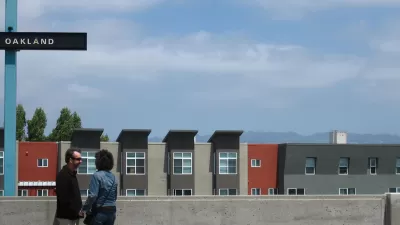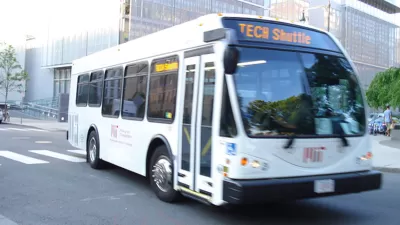At its Dec. 3 meeting, the CA HSR Authority board members unanimously voted to 'decertify' the program EIR to comply with a judge's order in a suit brought by Peninsula cities and rail and environmental nonprofits over the corridor to the Bay Area.
With the Nov. 3 ruling of Sacramento Superior Court Judge Michael Kenny on the litigation and the Dec. 3 decision of the HSRA made to comply with it now made, there is still uncertainty as to how to how these decisions will affect progress on the project. Altamont Pass (through the East Bay) proponents believe that they now have an opportunity to press their alternative, while HSRA still feel they can go ahead with Pacheco Pass (through the South Bay).
"By a 7-0 vote, the board of the California High Speed Rail Authority on Thursday decertified the massive environmental study that the agency completed last year approving the route. The board directed its staff to draw up new information to add to the study, in particular, various options showing how the trains might go from Gilroy to San Jose if the agency cannot get permission from Union Pacific Railroad to allow high-speed trains to operate in the right of way of existing tracks between the two cities.
Jeff Barker, deputy director of the High Speed Rail Authority, stressed that Thursday's decision does not mean that the agency is abandoning the Pacheco Pass route in favor of a northern route over Altamont Pass, as some groups have urged."
"By no means are we starting from scratch on this," Barker said. "Pacheco Pass is our preferred route."
From SF Chronicle:
"The groups involved in the lawsuit objected to the authority's selection of Pacheco Pass over Altamont Pass as the gateway to the Bay Area, and still consider it a superior choice, said Gary Patton, special counsel for the Planning and Conservation League, which joined in filing the suit.
Peremptory Writ of Mandate (PDF)
Thanks to MTC-ABAG Library
FULL STORY: California high-speed rail route through Pacheco Pass could be adjusted

Planetizen Federal Action Tracker
A weekly monitor of how Trump’s orders and actions are impacting planners and planning in America.

San Francisco's School District Spent $105M To Build Affordable Housing for Teachers — And That's Just the Beginning
SFUSD joins a growing list of school districts using their land holdings to address housing affordability challenges faced by their own employees.

The Tiny, Adorable $7,000 Car Turning Japan Onto EVs
The single seat Mibot charges from a regular plug as quickly as an iPad, and is about half the price of an average EV.

Seattle's Plan for Adopting Driverless Cars
Equity, safety, accessibility and affordability are front of mind as the city prepares for robotaxis and other autonomous vehicles.

As Trump Phases Out FEMA, Is It Time to Flee the Floodplains?
With less federal funding available for disaster relief efforts, the need to relocate at-risk communities is more urgent than ever.

With Protected Lanes, 460% More People Commute by Bike
For those needing more ammo, more data proving what we already knew is here.
Urban Design for Planners 1: Software Tools
This six-course series explores essential urban design concepts using open source software and equips planners with the tools they need to participate fully in the urban design process.
Planning for Universal Design
Learn the tools for implementing Universal Design in planning regulations.
Smith Gee Studio
City of Charlotte
City of Camden Redevelopment Agency
City of Astoria
Transportation Research & Education Center (TREC) at Portland State University
US High Speed Rail Association
City of Camden Redevelopment Agency
Municipality of Princeton (NJ)





























